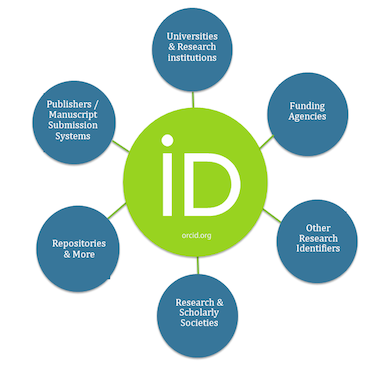 From 1st April 2016 to be eligible for any future REF exercise all journal articles and conference proceedings with an ISSN need to deposited with full text in a repository within 3 months of publication. Generally the full text required is the Author’s Accepted Manuscript version of the paper. This is the version with the changes made from peer review but before copy-editing by the publisher.
From 1st April 2016 to be eligible for any future REF exercise all journal articles and conference proceedings with an ISSN need to deposited with full text in a repository within 3 months of publication. Generally the full text required is the Author’s Accepted Manuscript version of the paper. This is the version with the changes made from peer review but before copy-editing by the publisher.
A notable exception to this is outputs published Gold Open Access which are not subject to this policy, however please do add them to ORO so we know they exist and to increase their visibility.
We’ve been doing a lot of work to get the ORO service ready for this policy and a lot of  advocacy to get the message out there – this will only increase in the following months including continued advocacy at departmental meetings, ORO deposit reports and other publicity.
advocacy to get the message out there – this will only increase in the following months including continued advocacy at departmental meetings, ORO deposit reports and other publicity.
Today I did a spot check on items deposited in ORO during December. 58 items deposited to ORO were subject to the upcoming policy and 69% of these items were compliant with it. I reckon 58 items to be a bit low, probably due to the Christmas break. I would expect that to be around 80 in a regular month.
Those items that were not compliant were overwhelmingly because an Author’s Accepted Manuscript had not been attached to the ORO record. We will be identifying these items so that remedial action can be taken. But we can only do this if they have been deposited within the 3 month deposit time frame – the earlier the better.
So to ensure eligibility with the next REF there are 2 simple messages: deposit research outputs to ORO in time and with an Author’s Accepted Manuscript.
Useful links: HEFCE Open Access Policy & Open Access for the next REF (Internal).
Contact us at: library-research-support@open.ac.uk





